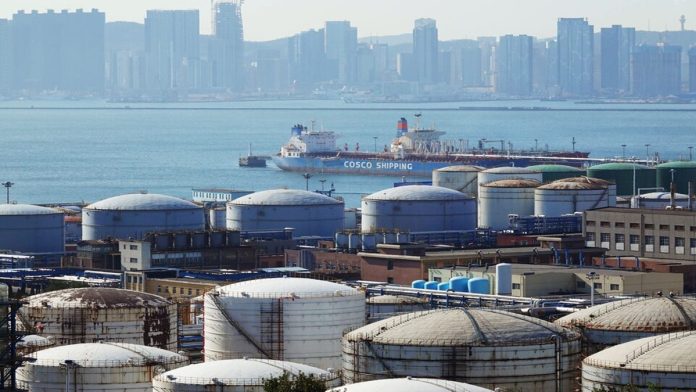India’s export of petroleum products remained muted in the first half of the current financial year 2024-25, while the imports surged 10% for the period, as per data from Petroleum Planning and Analysis Cell.
The country exported 31.0 million tonnes of refined oil products during April to September, almost unchanged from 30.7 million tonnes in the same period of last fiscal. Imports, on the other hand, stood at 25.8 million tonnes, up from 23.4 million tonnes in April-September 2023.
Import bill for the refined oil products also increased by 13% to $12.1 billion against the corresponding period of last year.
Also Read Government mulls more sops for oil & gas exploration Energy market prone to West Asia crisis Oil prices up over 3 per cent as West Asia tensions escalate Increase in import duty on edible oil to have wide-ranging effects on food sector in India, says GlobalData
While the country’s exports of petroleum products have just begun to revive after the tensions over the Red Sea that prompted shipping rates to increase, the rising global uncertainty and geopolitical tensions have once again posed threats to the country’s trade of refined oil products.
Also ReadFestive season boost: Snapdeal witnesses 1.8x order volume growth during festive season sale 2024
Union minister for petroleum and natural gas Hardeep Singh Puri on Tuesday said that there is no shortage of oil in the market but if there are geopolitical tensions it may increase the cost of freight for shippers.
“Now, there are other factors like geopolitical tensions. There is no shortage. But if there is tension in one part of the world and if you have to take a longer route, then the cost of freight, insurance, etc., will go up. There is more than enough oil in the world, and prices should hopefully come down. That is my personal expectation,” he said.
Analysts say that any further escalation of the conflict around the Middle East can impact Indian supplies of crude oil and refined oil products. The key red sea route has largely been avoided by shippers after the conflict began, with shipping rates witnessing an uptick.
Besides imports of Russian crude, the majority of India’s crude imports and product exports to the West of Suez transit via the Cape of Good Hope.
» Read More


